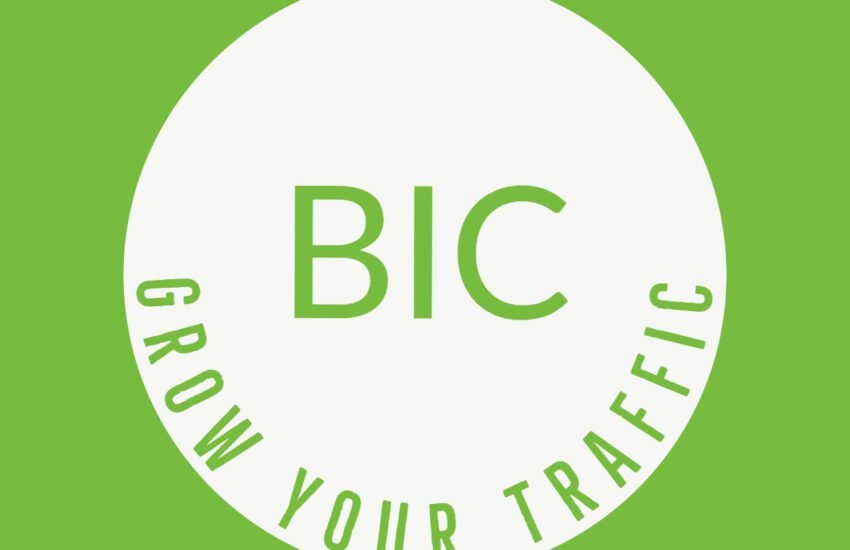Can you Make Money Using Free Blogging Platforms?
Free Platforms for Blogging?
Starting a blog on a free platform like Blogger can be a great way to dip your toes into the world of blogging without any financial commitment.
However, you should be aware of the limitations and risks involved, such as limited customization options, lack of ownership, and dependency on the platform’s policies.
With the increasing popularity of blogging, many individuals are wondering if it is still possible to earn money using free blog sites like WordPress or Blogger in 2024.
While it is true that these free platforms offer a convenient and accessible way to get started with blogging, the potential for earning a substantial income is often limited when compared to having your own domain and more control over your blog.
If you’re serious about blogging long-term or want more control over your content and branding, you may eventually want to consider investing in a self-hosted website.
Pros and Cons of Using Free Blogging Platforms
When it comes to monetizing your blog and earning money, free blog sites may have certain limitations. One of the main challenges is the lack of control over the advertising options.
Free blog sites typically display ads on your blog, but you may not have the ability to choose the type or placement of these ads.
This can significantly impact your potential earnings, as you may not have the opportunity to optimize your ad revenue.
Starting a blog on free platforms like Blogger comes with both advantages and disadvantages. Let’s break them down:
Pros of Free Platforms
1. Cost-effective
Free platforms like Blogger don’t require any upfront investment, making them ideal for those on a tight budget or just starting out.
2. Ease of use
These platforms are designed to be user-friendly, with simple interfaces and easy-to-use tools for creating and publishing content.
3. No technical skills required
You don’t need to be a tech wizard to start a blog on a free platform. They provide templates and guides to help you get started without any coding knowledge.
4. Built-in audience
Free platforms often have built-in communities and readership, which can help you reach a wider audience without much effort.
5. Integration with Google services
Since Blogger is owned by Google, it integrates seamlessly with other Google services like AdSense and Analytics, making it easier to monetize your blog and track its performance.
6. More control over your own domain
On the other hand, having your own domain and more control over your blog can open up a world of opportunities for monetization.
By owning your domain, you have the freedom to choose the type and placement of ads on your blog, allowing you to optimize your ad revenue.
You can also explore various monetization methods such as sponsored posts, selling digital products or services, or even creating online courses.
7. More professional Appearance
In addition, having your own domain gives your blog a more professional and credible appearance, which can attract advertisers and potential clients. It also allows you to build your own brand and establish a loyal audience, which is crucial for long-term success in the blogging world.
Cons of Free Platforms
1. Limited customization
Free platforms typically offer limited customization options compared to self-hosted websites. You may not be able to fully customize the design and functionality of your blog to match your preferences.
2. Lack of ownership
When you use a free platform, you don’t have full control or ownership of your content. The platform could change its terms of service or even shut down, potentially causing you to lose your blog and all your content.
3. Less professional appearance
Free blogs often come with subdomains (e.g., yourblog.blogspot.com), which can look less professional than a custom domain (e.g., yourblog.com). This can impact your credibility, especially if you’re trying to build a brand or establish yourself as an authority in your niche.
4. Limited features
Free platforms may lack advanced features and functionalities that are available on self-hosted websites or premium blogging platforms. This could limit your ability to grow and expand your blog over time.
5. Dependency on the platform
Since you’re using a free platform, you’re dependent on their infrastructure and policies. If the platform experiences downtime or changes its policies in a way that negatively affects you, there’s little you can do about it.
6. Restrictions on monetization
Furthermore, free blog sites often have restrictions on the types of monetization methods you can use.
For example, you may be limited to displaying ads or affiliate links, while other options such as sponsored content or selling your own products may not be available.
This can limit your ability to diversify your income streams and maximize your earning potential.
Can You Make Money?
Free blog sites like WordPress and Blogger are a great starting point for those who are new to blogging and want to share their content with the world.
These platforms provide you with the basic tools and features necessary to create and publish your blog posts.
They also offer a range of customizable themes and plugins to enhance the appearance and functionality of your blog.
While it is possible to make money on a free blogging platform like Blogger, it can be more challenging compared to self-hosted websites or premium platforms.
Free platforms often have limitations on monetization options and may require adherence to strict guidelines. The primary way to earn money on a free blogging platform is through advertising, typically via ad networks like Google AdSense.
However, earnings may be limited due to factors such as platform restrictions, lower traffic potential compared to self-hosted sites, and the platform taking a share of ad revenue.
Additionally, free platforms may have limitations on affiliate marketing and sponsored content opportunities, which are other common revenue streams for bloggers.
While it’s possible to generate some income on a free blogging platform, those looking to maximize their earning potential may eventually consider transitioning to a self-hosted website or premium platform for greater flexibility and control over monetization strategies.
While free blog sites can be a good starting point for beginners, it is important to consider the long-term potential for earning money.
If you are serious about monetizing your blog and maximizing your earning potential, investing in your own domain and having more control over your blog is highly recommended.
Conclusion
While making money on a free blogging platform like Blogger is feasible, it comes with significant limitations and challenges.
Although advertising through networks like Google AdSense is a common revenue stream, earning potential may be constrained due to platform restrictions and lower traffic compared to self-hosted websites.
Moreover, free platforms often impose limitations on other monetization avenues such as affiliate marketing and sponsored content.
While starting on a free platform can be a low-cost way to begin blogging and explore your niche, serious bloggers aiming to maximize their earnings and exercise greater control over their monetization strategies may eventually find it beneficial to transition to a self-hosted website or premium platform.
Doing so offers more flexibility, customization options, and ownership of content, which are crucial for building a sustainable and profitable blogging business in the long run.
Ultimately, while free platforms can serve as a starting point, transitioning to a self-hosted solution may be a strategic move for bloggers seeking to unlock their full earning potential and establish a more professional online presence.
So, can you earn money in 2024 using free blogs? The answer is yes, but the potential for significant earnings may be limited.
To unlock the full earning potential of your blog, consider moving to your own domain and taking control of your blog’s monetization options.
This will give you the freedom and flexibility to explore various income streams and increase your chances of earning a substantial income from your blog.

